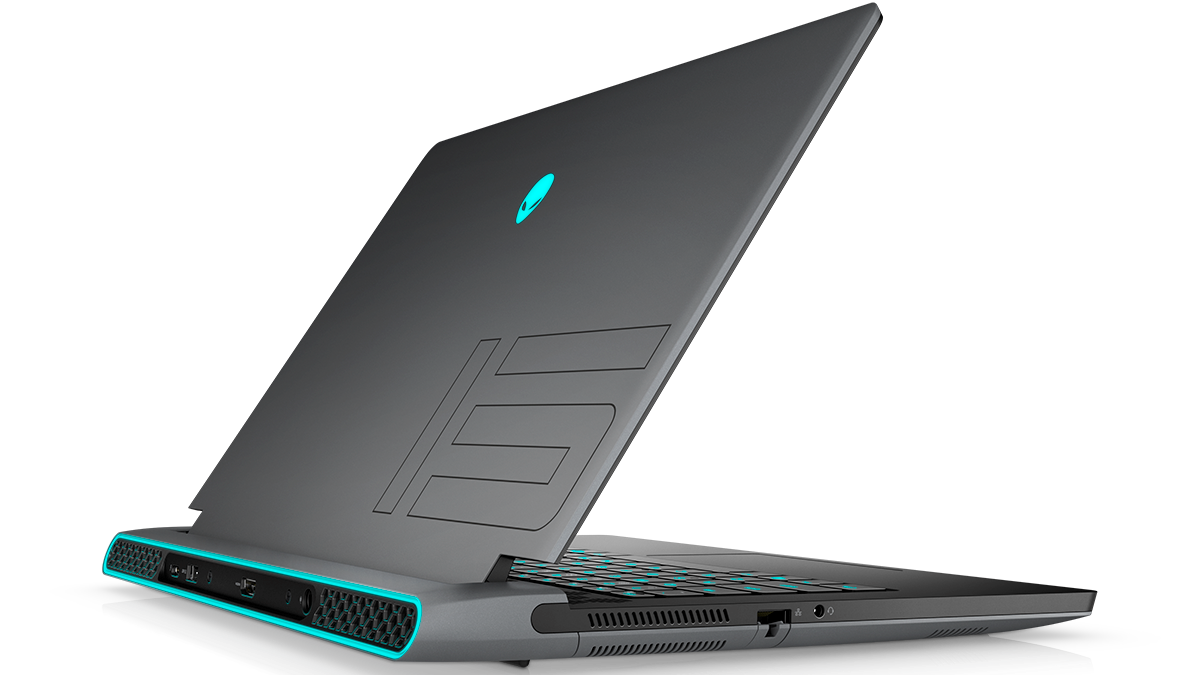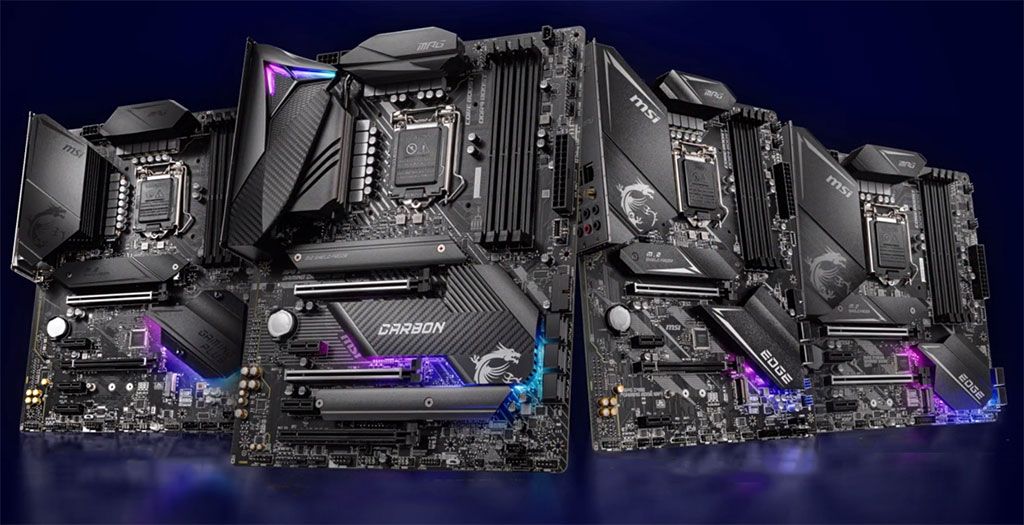Some Alienware laptops are reporting fewer RTX 3070 cores than they should be
Alienware m15 R5 owners are reporting strange GPU-Z results for their 30-series laptops.

Update 6/11/21: Alienware provided the following statement regarding the issue: Last week, we discovered our new Alienware m15 gaming system was limiting CUDA Cores on 3070 configurations. We have released a firmware update to help resolve the incorrect setting. Please check out the support page here for the updated vBios.
Original story below.
Is this a case of a mistaken vBIOS, or is something else afoot? Some Alienware m15 R5 gaming laptop owners are trying to answer that very question after finding fewer CUDA Cores within GPU-Z for the RTX 3070 laptop chip than there should be—512 cores less, in fact.
It's pretty standard procedure for laptop manufacturers to mess with clock speeds and TDPs to fit a laptop's cooling solution and power delivery. What isn't usual to do whatsoever is reduce core counts to achieve a more palatable card, so we suspect there may be something else going on here.
Nvidia's mobile RTX 3070 GPU comes with 5,120 CUDA Cores, which is already 768 cores shy of the desktop model. Yet some Alienware m15 R5 owners over on Reddit and the NotebookReview Forums have noticed just 4,608 cores reporting for duty in GPU-Z, which is even fewer still (via Videocardz).
Even weirder are the reported numbers of TMUs and ROPs: 144 and 96, respectively.

Best gaming motherboard: the best boards around
Best AMD motherboard: your new Ryzen's new home
There should be 160 TMUs, but the reduction here checks out with the lower core count: 4,608 cores would make for 36 SMs, and there are four TMUs per SM for a total of 144. Fewer than expected, and not ideal, but it makes some sense.
Keep up to date with the most important stories and the best deals, as picked by the PC Gamer team.
When it comes to ROPs, however, there should be 80 in total with the RTX 3070 mobile chip. What we're looking at here is the full 96 ROPs of the GA104 GPU, which are only found within the RTX 3080 mobile GPU and the RTX 3070 desktop GPU.
Alienware R5 owners have since taken it upon themselves to try out a few different options in search of a fix, and these include flashing the vBIOS. It's a potentially dangerous manoeuvre for a gaming laptop, as it may lead to bricking the GPU. In this case, a GPU soldered onto the laptop's motherboard, making it doubly risky.
So kudos to those who attempted it, as they may have also figured this whole thing out in the process.
A BIOS intended for the Alienware m15 R4 laptop, once loaded onto the R5, returns the full 5,120 CUDA Cores to all their glory. Users are also reporting higher performance as a result, so it appears as though the GPU within the affected R5 laptops was underperforming due to an underreporting vBIOS.
Users are hoping for an official fix to avoid the awkward flashing process, which is anything but a permanent solution for those affected. Many have reached out to Dell support for answers, and we're also chasing up to see if there's an official answer to what's going on.
In the meantime, if you own an affected R5 laptop, you may want to reach out to Dell support directly to be the first to know when there is a fix, which I can only assume will be on the way soon. Like I said, flashing your vBIOS can be risky business, so we'd recommend holding fire until there's a more sanctioned fix in place—here's hoping one arrives soon.

Jacob earned his first byline writing for his own tech blog. From there, he graduated to professionally breaking things as hardware writer at PCGamesN, and would go on to run the team as hardware editor. He joined PC Gamer's top staff as senior hardware editor before becoming managing editor of the hardware team, and you'll now find him reporting on the latest developments in the technology and gaming industries and testing the newest PC components.

